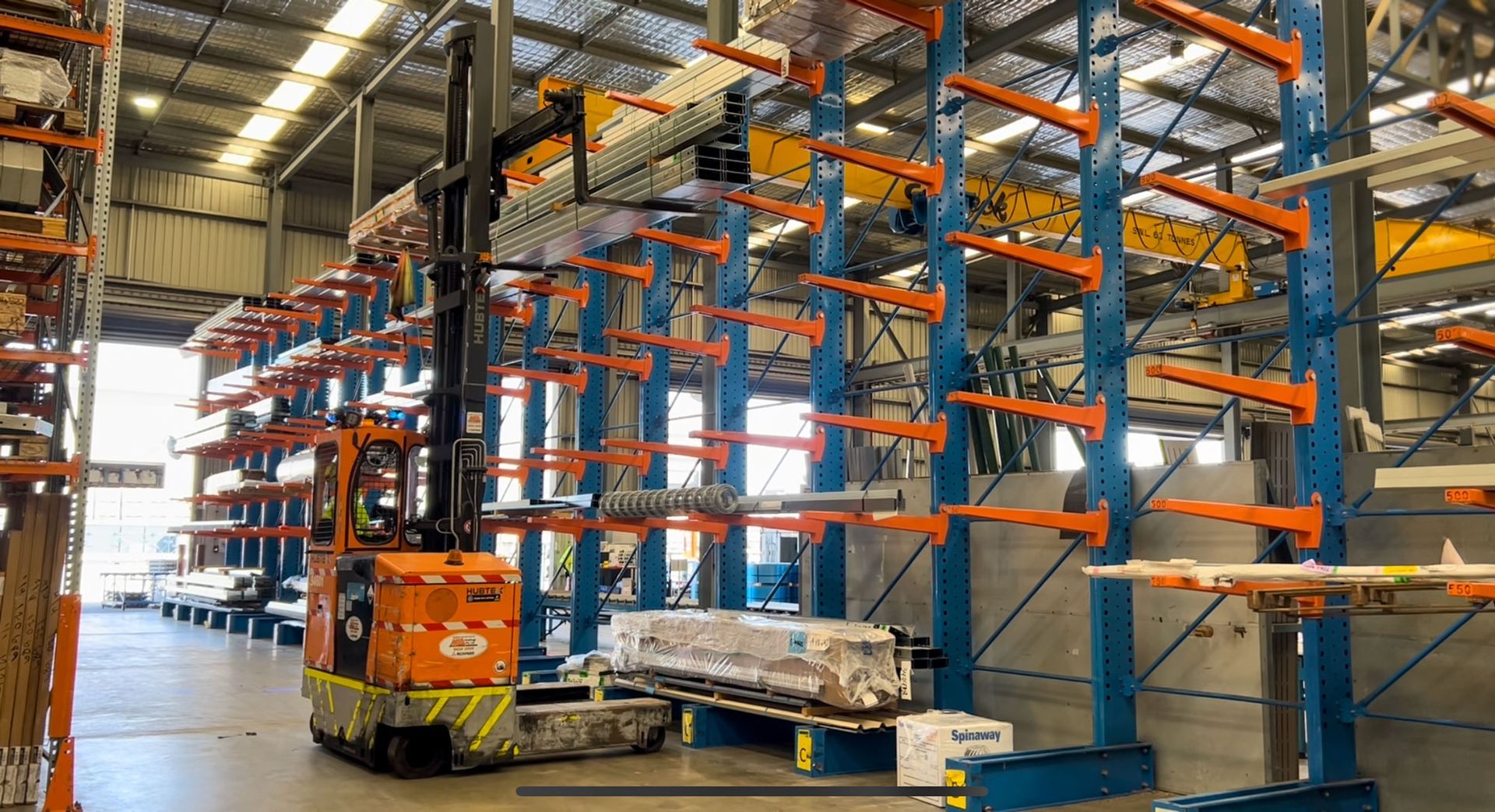Closing the Loopholes for Casual Employees | IRP
What the new IR Laws mean for your business
Australian workplace relations laws have undergone the most significant change since 2009 with the recent introduction of the Closing the Loopholes Bill. The first was passed on 14 December 2023, and the second on 8 February 2024. Both included substantial changes for casual employees.
Casual Employees
Changes to the definition of casual employment is designed to assess the real substance, practical reality and true nature of the employment relationship, including post-contract conduct.
This post-contract conduct is characterised by the assessment of a firm advance commitment to continuing indefinite work. Many businesses employ what’s known as ‘permanent casuals’ where they are included in rosters or working regular, predictable shifts.
Importantly, it’s this real and practical nature of the employment relationship that will determine the pathway to permanent employment. While somewhat relevant, the terms and conditions written into an employment contract will not be sufficient evidence of casual employment.
Casual Conversion
The assessment of a firm advance commitment to continuing indefinite work will determine casual conversion. This change is designed to provide a clearer and easier pathway to permanent employment.
Conversion to permanent employment is accessible at 6 months but driven by employees, removing existing employer notification requirements. However, employers will be required to provide a Casual Employment Information Statement to casual employees after 12 months of employment, to make sure employees are reminded of their rights and ability to change or convert to permanent work.
The pathway includes the employers right to refuse notification of casual employment on the basis of reasonable operational grounds. Employers will not be required to provide detailed reasons for denying a casual employee’s request, but employees will have the option to appeal against the decision at the Fair Work Commission.
There is nothing in place that forces a casual employee to transition to permanent.
Labour Hire - Same Pay, Same Job
Changes to the engagement of labour hire employees will have an impact on host employers who are covered by an enterprise agreement. There are exemptions including a default 3-month exemption period from orders (if made) so as not to impact labour hire for surge work or where a short-term replacement worker is needed.
The Fair Work Commission will make a regulated labour hire arrangement order (RLHAO) requiring labour hire workers, performing the same work as their permanently employed colleagues, the same rate of pay.
Employees or Unions can apply to the Commission for an order that labour hire employees must be paid at least what they would receive under a host’s enterprise agreement. The Commission can only make an order if satisfied that the host’s enterprise agreement would apply to the labour hire worker if they were directly employed.
Changes came into effect 15 December 2023, but RLHAO’s cannot come into force until at least 1 November 2024.
Fixed term contracts
New restrictions on fixed-term or maximum-term employment contracts came into effect on 6 December 2023. These include limiting the use of fixed-term contracts to a period of two years and prohibiting the renewal of these types of contracts more than once.
Under the changes, employers are also required to give any employees engaged on a new fixed-term contract a Fixed Term Contract Information Statement (FTCIS). This document must be provided to relevant employees before, or as soon as practicable after, entering into a fixed-term contract.
What should employers do?
In addition to the changes to casual workers and labour arrangements, employers should be aware of broader, wide-reaching changes to Fair Work legislation. Some of these include criminalisation of wage theft, employee like workers, pay deductions and the recent right to disconnect legislation. There may be risks to existing industrial relations systems and processes which will necessitate a detail review and subsequent changes.
There is substantial and significant modification for Australian employers to consider. However, many of the changes include sensible exclusions and offset provisions which factor in operational requirements. This allows employers the opportunity to refine employment practises and to structure operations for ongoing productivity and performance.
Are you looking for a skilled employment agency or HR services to help with the recruitment and retention of the right people? Reach out to us today at hello@irp.net.au or call us on 08 9477 7999 to see how we can help. You can also send us an enquiry through the button below and we will get back to you as soon as possible.
Join Our Mailing List












